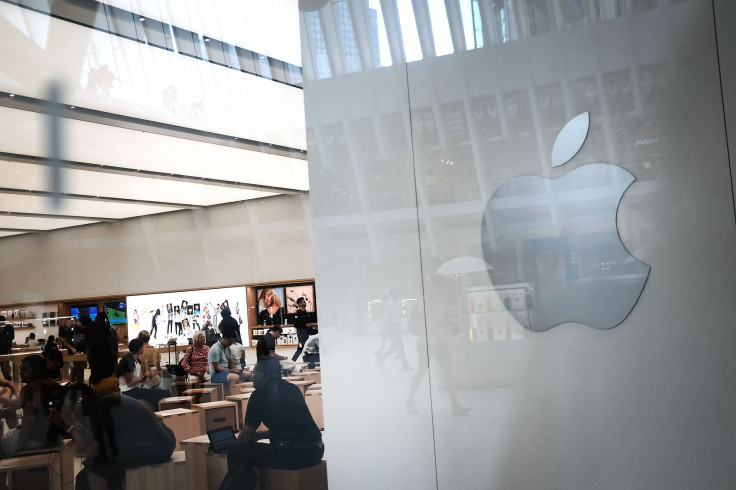Apple iPhone 12 Camera May Have AI-Based Image Recognition, Bokeh Effect In Videos: Report

KEY POINTS
- Apple has acquired Xnor.ai
- The AI company works on IoT and Image-based AI
- Its platform allows developers to design complex algorithms locally
Apple has been trying to regain its edge over Android phones for long. Currently, its flagship iPhones appeal more to those who are locked in the Apple ecosystem rather than being an aspirational device with value-for-money.
However, the company seems determined to change that. It has started moving in that direction by competing with leading Android smartphones such as the Google Pixel. It has reportedly acquired XNOR.ai, listed as one of the most promising AI companies of 2019 by Forbes, for $200 million.
The acquisition, according to Geekwire is aimed at improving Apple’s camera software. Xnor.ai makes low-power edge-based artificial intelligence (AI) tools, with a specialization in image recognition. According to the publication, Xnor’s AI tools may be used in future iPhones such as the upcoming iPhone 12. Xnor.ai also designs AI for Internet-of-Things (IoT) setups including smart cameras, drones, and wearables.
Currently, devices such as Pixel outdo Apple’s flagship iPhone 11 Pro in the camera department with features such as Night Sight. The acquisition may help Apple to come at par or even exceed device such as the Pixel. The company has designed a feature called image segmentation, which generates a bokeh kind of effect for videos. The effect is currently available only for images in post-editing or while clicking. Such features may help Apple in differentiating itself from the competition, something it hasn’t been able to do successfully for the past few iterations of the iPhone.
Such a feature can only keep attention on the subject and hide any information in the background, which will be useful for Facetiming.
The company has also designed an object detection technology – using deep learning, the camera can easily detect the presence of users nearby. However, the most interesting innovation that the company has, is a solar-powered AI chip.
Xnor.ai’s platform can let developers run complex deep learning algorithms manually, without uploading them to the cloud. This ensures the privacy of data, lessens the load on phone memory and eliminates the need to be connected to the cloud continuously. Most importantly, it can do all this accurately at a low cost. Xnor also works in the aerospace, automotive, retail, consumer electronics industries and even in government agencies. It is Apple’s second acquisition after the AI company Turi, which was acquired in 2016 for the same price 200 million dollars.
© Copyright IBTimes 2024. All rights reserved.




















